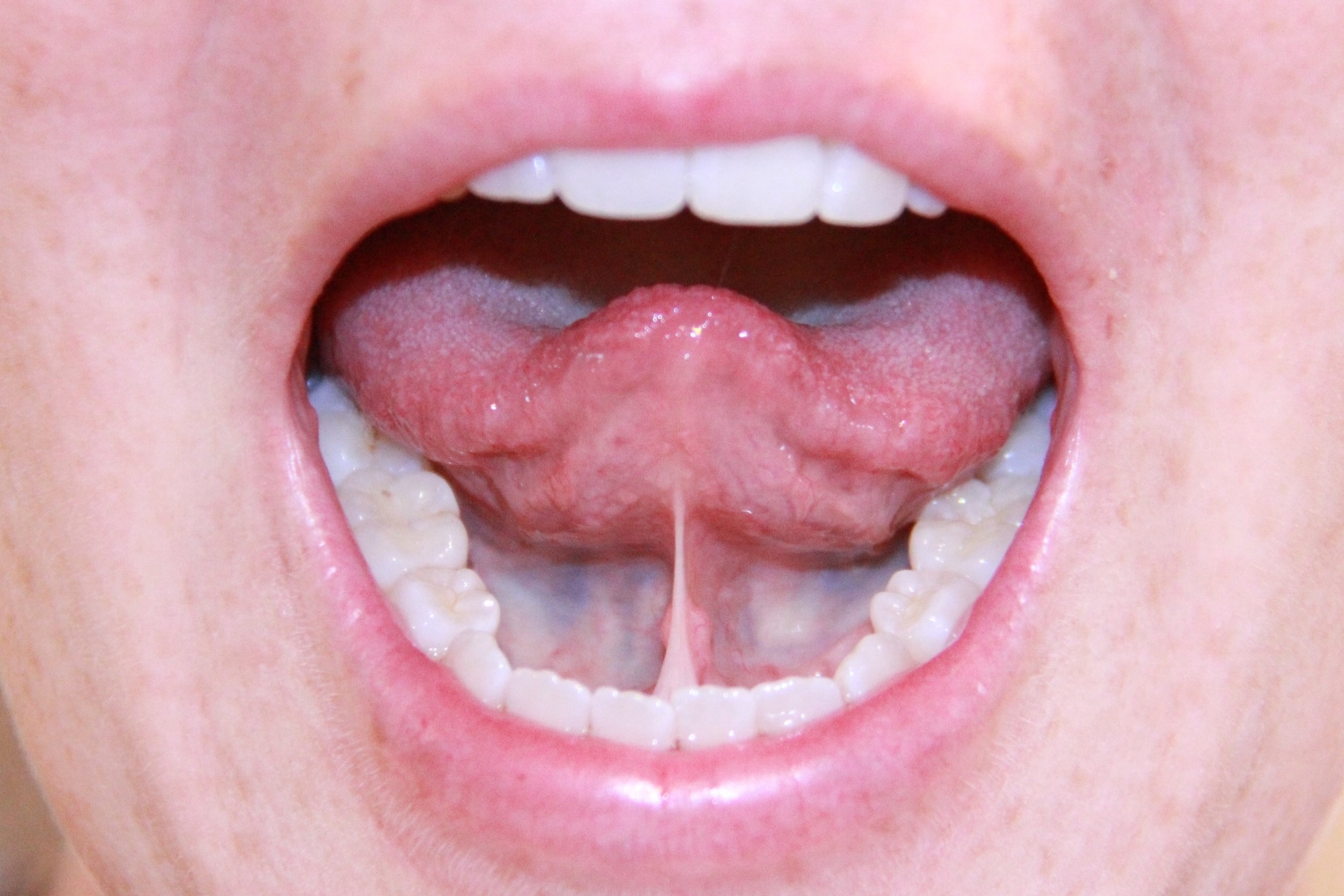The Importance and Use of Vitamin D in Children

The Importance and Use of Vitamin D in Children
Vitamin D, often referred to as the “sunshine vitamin,” plays a crucial role in the overall health and development of children. This essential nutrient is vital for bone health, immune function, and overall growth. In this article, we will explore the significance of vitamin D for children, its benefits, sources, recommended intake, and potential consequences of deficiency.
Why Vitamin D is Essential for Children
Bone Health
Vitamin D is critical for the development of strong and healthy bones in children. It helps the body absorb calcium and phosphorus, which are fundamental minerals for bone formation. Without sufficient vitamin D, children are at risk of developing rickets, a condition characterized by soft and weak bones, leading to deformities and growth retardation.
Immune System Support
Vitamin D plays a pivotal role in strengthening the immune system. It enhances the pathogen-fighting effects of monocytes and macrophages — white blood cells that are important parts of your immune defense — and decreases inflammation. Adequate levels of vitamin D can help children ward off common infections such as colds and flu.
Mental and Cognitive Development
Emerging research suggests that vitamin D may have a positive impact on brain development and function. Adequate levels of this vitamin have been associated with better cognitive performance and a reduced risk of neurodevelopmental disorders in children.
Sources of Vitamin D
Sunlight
The most natural source of vitamin D is sunlight. When the skin is exposed to UVB rays from the sun, it synthesizes vitamin D. However, factors such as geographic location, skin pigmentation, sunscreen use, and time spent outdoors can influence the amount of vitamin D produced by the skin.
Food Sources
While few foods naturally contain vitamin D, some are fortified with this essential nutrient. Key dietary sources include:
- Fatty fish (salmon, mackerel, tuna)
- Fish liver oils
- Fortified dairy products (milk, yogurt)
- Fortified cereals and orange juice
- Egg yolks
Supplements
In some cases, dietary intake and sunlight exposure may not be sufficient to meet a child’s vitamin D needs. Pediatricians often recommend vitamin D supplements, especially for breastfed infants, children with limited sun exposure, and those with darker skin tones.
Recommended Vitamin D Intake for Children
The recommended daily intake of vitamin D varies by age:
- Infants (0-12 months): 400 IU (10 mcg)
- Children (1-18 years): 600 IU (15 mcg)
It is important to consult with a healthcare provider to determine the appropriate dosage based on individual needs and circumstances.
Consequences of Vitamin D Deficiency
Vitamin D deficiency in children can lead to several health issues, including:
- Rickets: As mentioned, a severe deficiency can result in rickets, causing bone pain, poor growth, and skeletal deformities.
- Increased Infection Risk: Low levels of vitamin D can compromise the immune system, making children more susceptible to infections.
- Delayed Growth and Development: Insufficient vitamin D can impact overall growth and development, affecting both physical and cognitive milestones.
Ensuring Adequate Vitamin D Levels
Parents can take several steps to ensure their children get enough vitamin D:
- Encourage outdoor activities to increase sun exposure.
- Include vitamin D-rich foods in the child’s diet.
- Consider vitamin D supplements if recommended by a healthcare provider.
- Regularly monitor vitamin D levels through blood tests, especially in high-risk groups.
Vitamin D is indispensable for the healthy growth and development of children. It supports bone health, boosts the immune system, and contributes to cognitive development. Ensuring adequate intake through sunlight, diet, and supplements can prevent deficiency and promote overall well-being. Always consult with a healthcare professional to determine the best approach for your child’s specific needs.
By understanding and addressing the importance of vitamin D, parents can help their children lead healthier, happier lives.











